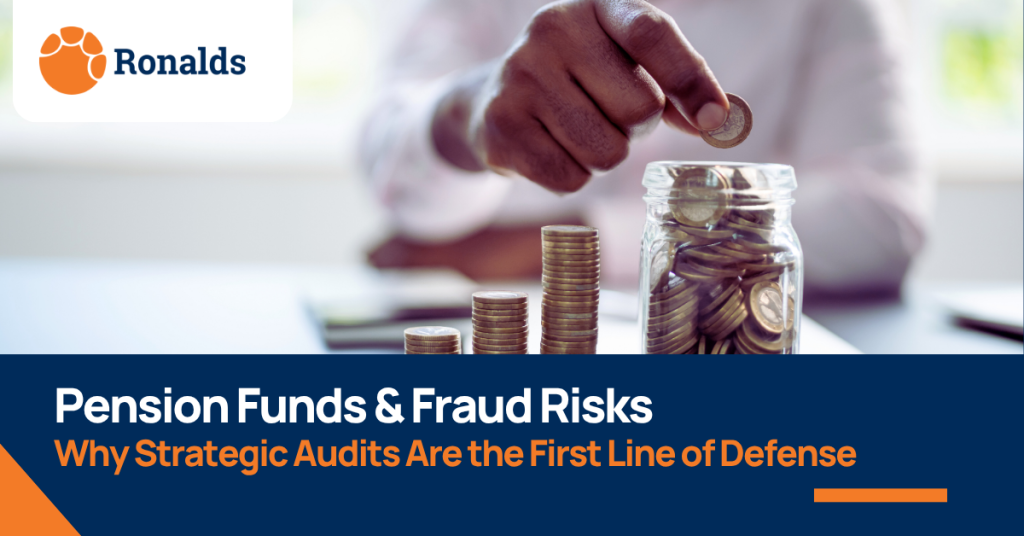Non-Profit Audit Readiness: When a non-profit organization prepares for an audit, the spotlight often falls on the finance team, management, and external auditors. But one critical group is frequently overlooked,the board of directors.
While boards are traditionally associated with strategy and governance, their active involvement in audit readiness is not just helpful—it’s transformative. In fact, board engagement can strengthen compliance, reinforce accountability, and build lasting donor trust.
Why the Board’s Involvement in Audit Readiness is a Game-Changer
An audit is much more than a compliance check. It’s a deep dive into an organization’s financial health, governance practices, and ethical accountability. Because board members are ultimately responsible for safeguarding donor funds and protecting public confidence, their role in audit preparation is crucial.
Here’s why their involvement makes a real difference:
- Financial Integrity: Boards set the “tone at the top” by ensuring robust financial policies, internal controls, and risk management frameworks. Without this oversight, preventable gaps often surface during audits.
- Strengthening Accountability: Auditors review governance, not just numbers. A proactive board signals a culture of transparency to funders, regulators, and the public.
- Supporting Management: Preparing for audits can be resource-intensive. Boards can ease pressure by ensuring management has the staffing, systems, and tools needed for success.
- Bridging Strategy and Compliance: Boards connect audit outcomes to the organization’s long-term mission, ensuring compliance strengthens—not distracts from—strategic goals.
Practical Steps for Board-Led Audit Readiness
To build stronger audit preparedness, non-profit boards can take the following actions:
- Empower the Audit Committee
Create or strengthen a dedicated audit/finance committee to review reports, liaise with auditors, and monitor compliance throughout the year. - Oversee Key Policies
Regularly review and update policies on procurement, conflicts of interest, and financial reporting. Consistency and relevance are critical to minimizing audit risks. - Prioritize Board Training
Provide continuous training in financial literacy, audit processes, and regulatory changes. An informed board can ask sharper, more strategic questions. - Foster a Culture of Transparency
Encourage staff to raise concerns about controls or reporting without fear. Early issue detection is key to smoother audits. - Timely Review of Reports
Review draft financial statements and management letters before they’re finalized to spot red flags and avoid misinterpretations.
The ROI of Board Engagement in Audit Readiness
When boards play an active role in audit preparation, the benefits extend far beyond a clean audit report:
- Stronger financial systems
- Increased donor confidence
- A solid reputation for good governance
In today’s competitive non-profit funding landscape, where trust and accountability are vital, board commitment to audit readiness is not just best practice, it’s a strategic imperative.
Final Thoughts
Board members are not bystanders in the audit process. They are critical drivers of accountability, transparency, and long-term organizational health. By embracing their role in non-profit audit readiness, boards strengthen governance and secure the trust that fuels mission success.
Written by Bett Leonard




